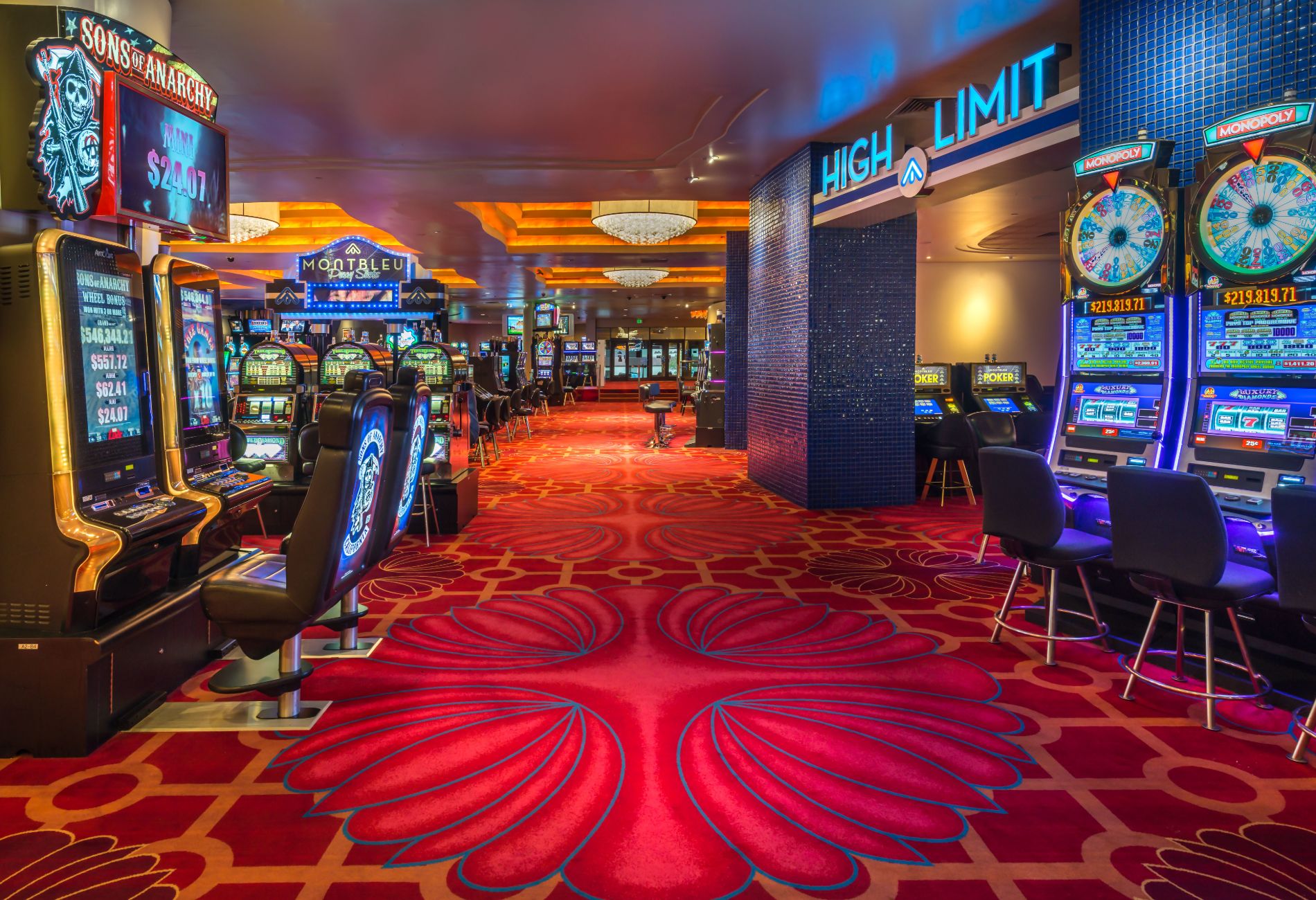In the world of gambling, where chance and strategy converge, a unique tapestry of beliefs manifests—one that braids luck, fate, and the enigmatic nature of casino games. Casinos, bustling with excitement and anticipation, are not just venues for placing bets; they are also arenas where superstitions thrive. From the novice player to the seasoned gambler, these mysterious practices often shape how individuals approach the games they play, holding the belief that their actions can impact the outcome in ways that go beyond mere probability.
As players gather around roulette wheels, blackjack tables, and slot machines, the atmosphere is thick with stories of lucky charms, rituals, and codified behavior that defy logic yet provide a sense of comfort. It could be the case that it’s wearing a specific outfit, following a particular sequence of bets, or even avoiding certain numbers, the attachment to various superstitions reflects a deep-rooted desire to master the uncontrollable. This article delves into the captivating world of casino game superstitions, examining the beliefs that both entertain and mystify those who dare to play.
Historical Beginnings of Superstitions
Gambling activities have long been interwoven with an host of superstitions that can be traced to primitive societies. The origins of these ideas can be connected to humanity’s innate desire to manage the unpredictable outcomes associated with luck and chance. In primitive civilizations, activities of chance were often connected to religious practices. Players would invoke favor or seek favor from gods, believing that their actions could influence the results in their benefit. This basis laid the foundation for the myriad of superstitions that spread as betting evolved over centuries.
During the Middle Ages, gambling became a common pastime across Europe, and with it, a colorful tapestry of superstitions emerged. Players adopted various rituals and charms, believing they could change the results of games. The significance of digits, in particular, emerged to show in superstitions related to card games and dice. The number seven was often considered lucky, while different numbers carried unfortunate connotations. These beliefs mirrored the societal contexts of the time, changing as they moved through generations and changed to different gaming environments.
As casinos developed in the 17th century, particularly in Italy and France, the atmosphere surrounding betting became steeped in enigma. The growing openness of gambling games allowed for the spread and growth of superstitions among players. Concepts like charmed charms, designated seating locations, and rituals gained prominence, creating a unique culture within gambling establishments. As these practices continued to thrive, they became fundamental to the character of gambling games, illustrating how the past and culture shape the belief systems that influence how participants interact with luck.
Widespread Gambling Myths
Beliefs surrounding gambling games are plentiful and varied, mirroring the dreams and fears of gamblers as they participate in random activities. One of the most prevalent views is that specific digits bring fortune or bad luck. For example, the digit seven is often seen as a favorable number, frequently embraced by players looking for a favorable result. Conversely, the digit 13 is routinely considered unlucky, leading many players to steer clear of it during their gambling periods.
A frequent superstition relates to rituals that players believe can influence their odds. Whether blowing on the dice before a throw, using a specific hand to place a wager, or even putting on specific items of clothing, many people feel that these rituals can tilt luck in their benefit. These practices offer a feeling of power in an otherwise unpredictable environment, reinforcing the idea that fortune can be created through personal beliefs and habits.

Finally, the ambiance and atmosphere of the casino itself contributes to superstition. Many players suggest that the presence of specific icons, such as four-leaved clovers or lucky coins, can enhance their chances of success. Additionally, players might adhere to the notion that winning streaks can be interrupted by mundane occurrences, such as a person passing by or a accident at the gaming surface. The shared environment in a casino can amplify these beliefs, creating a communal culture of myths that goes beyond individual experiences. nuovi siti casino per l’Italia
Impact of Superstitions on Players
Beliefs play a crucial role in the psychology of gamblers, often affecting their actions and decision-making. A lot of gamblers think that luck can be influenced through various rituals, such as wearing a lucky charm, choosing particular hues, or avoiding certain numbers. This reliance on superstitions can create a feeling of control in an environment that is inherently unpredictable. Players often feel more confident and engaged when they believe that their actions could sway the outcome of a game in their favor.
The influence of these superstitions extends past individual players, affecting the general atmosphere within the casino. For instance, a player who holds the belief in the luck of a particular slot machine might attract a gathering, as onlookers are intrigued by their apparent luck. This collective belief can heighten excitement and create a dynamic environment, leading to an interesting experience even for those who may not necessarily be believers themselves. The buzz around certain games can lead to increased participation and extended playing sessions, supporting the casino’s lively social scene.
In some cases, superstitions can lead to detrimental effects for players. Relying too much on rituals can result in poor gambling decisions, as some may overlook basic strategies in favor of unfounded beliefs. Additionally, the stress to perform rituals may heighten anxiety and tension, diminishing from the pleasure of the experience. Ultimately, while superstitions can enhance the excitement of playing casino games, they can also lead to unwise choices that overshadow the enjoyment and amusement intended in the casino experience.
